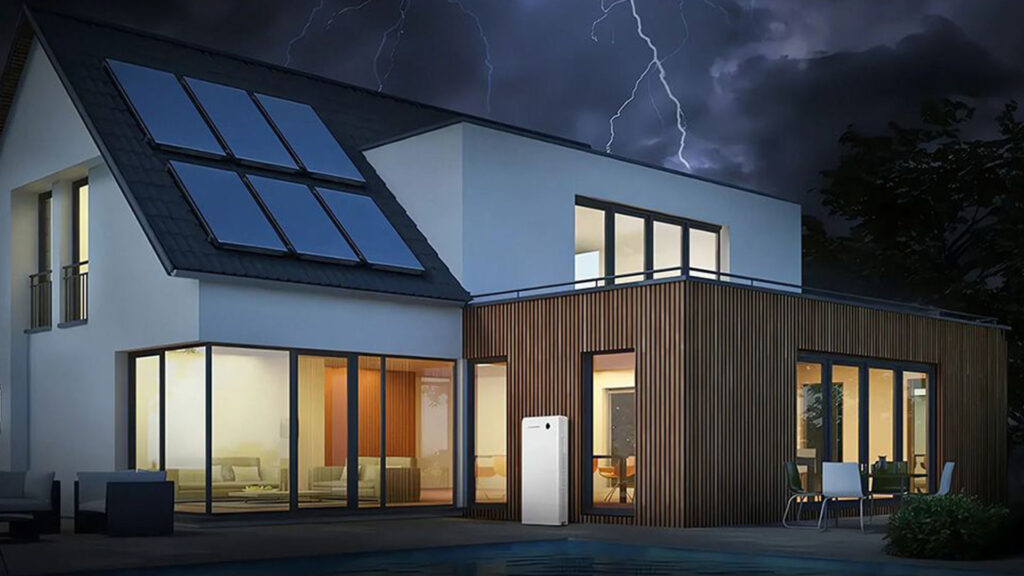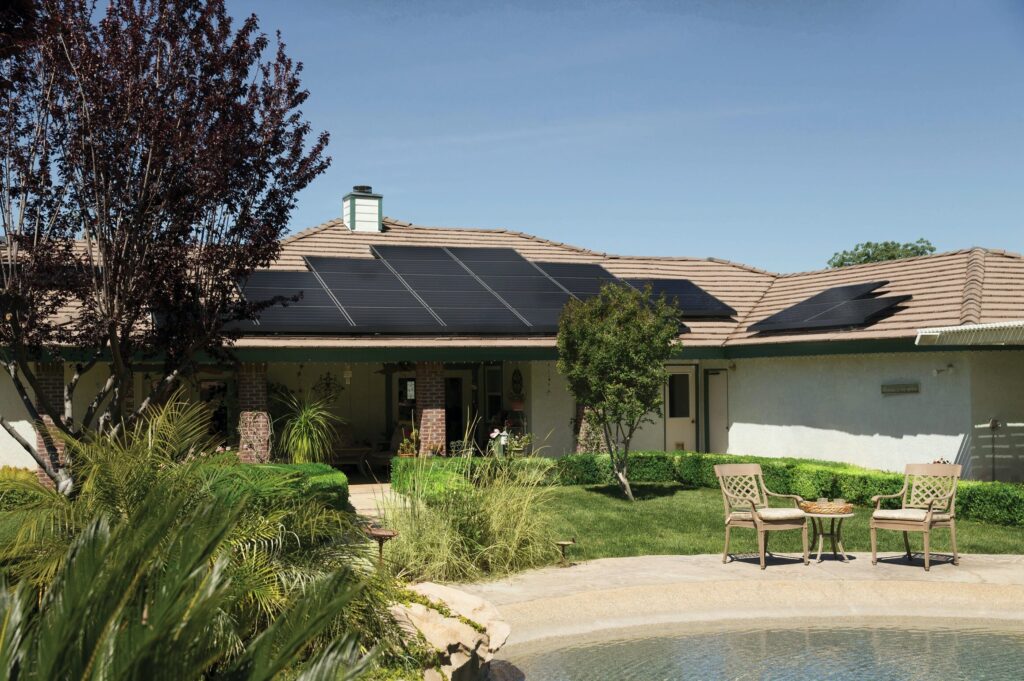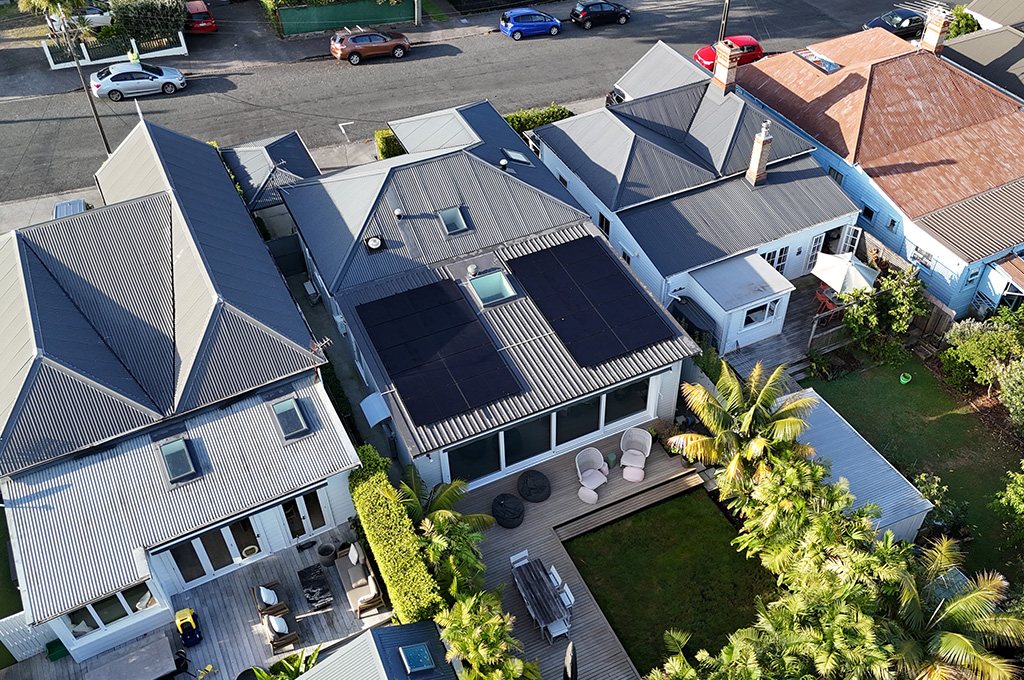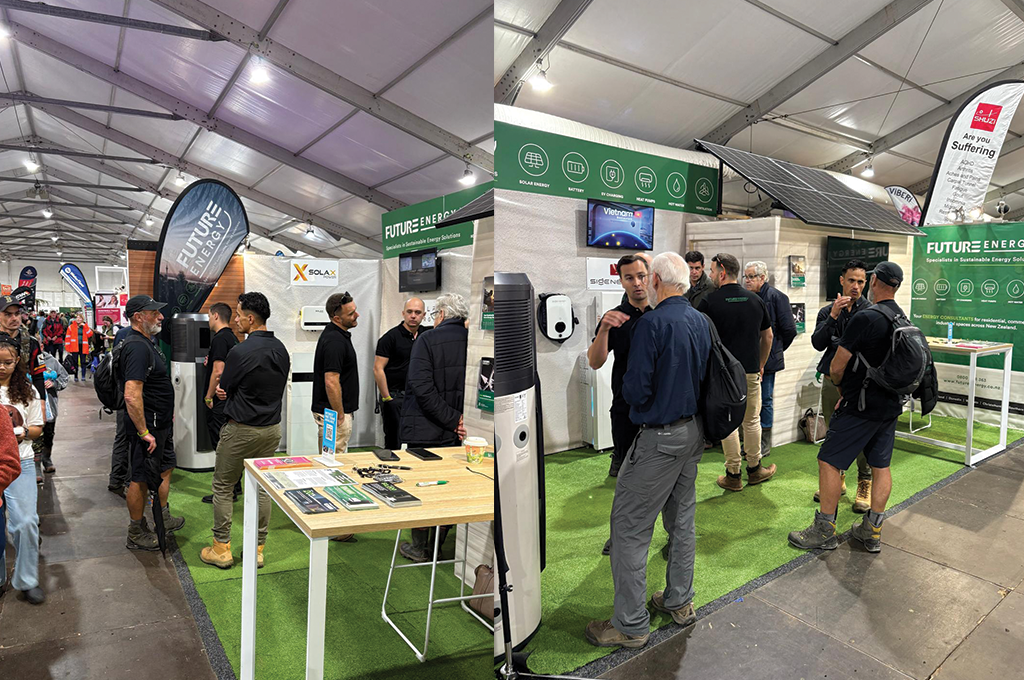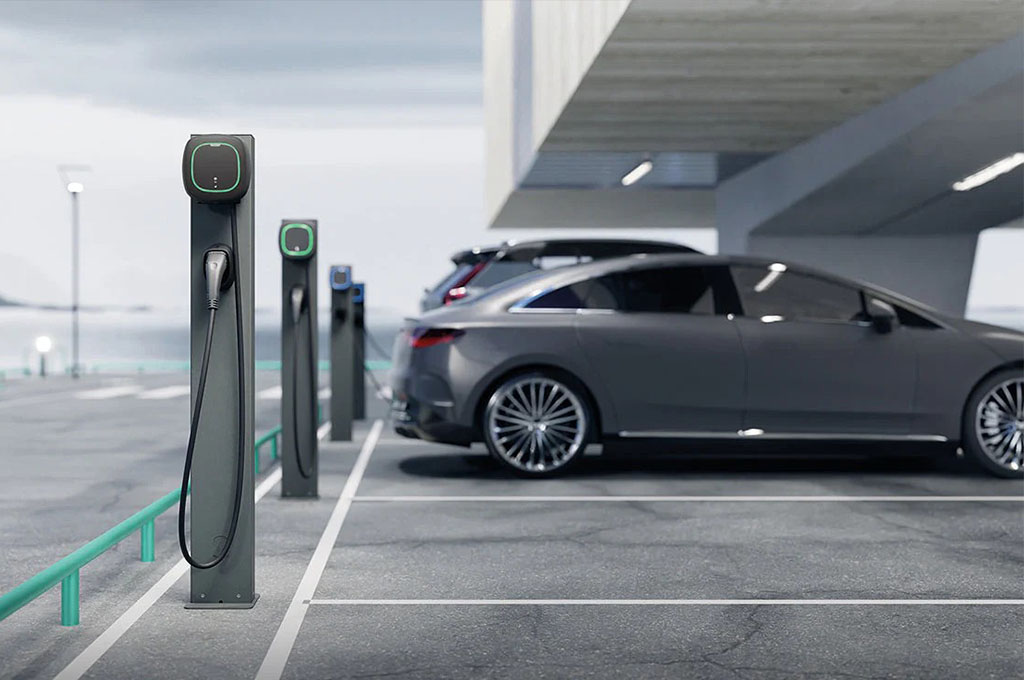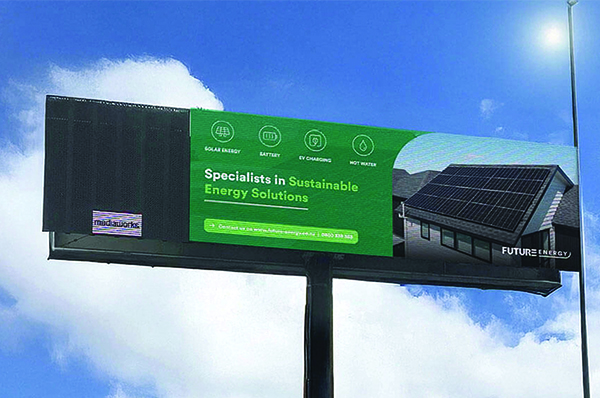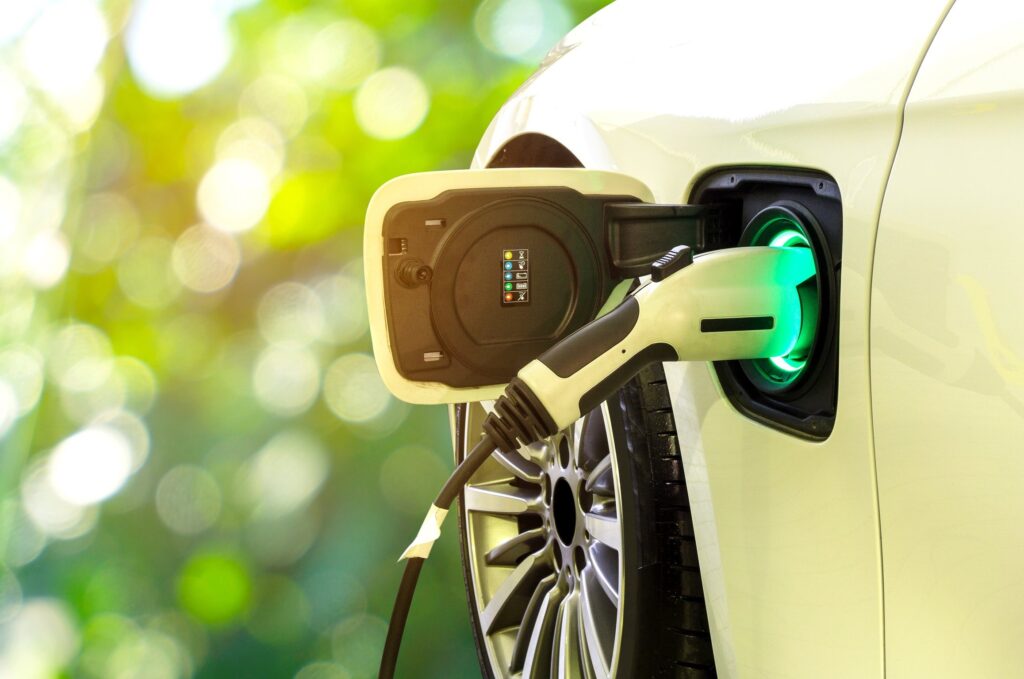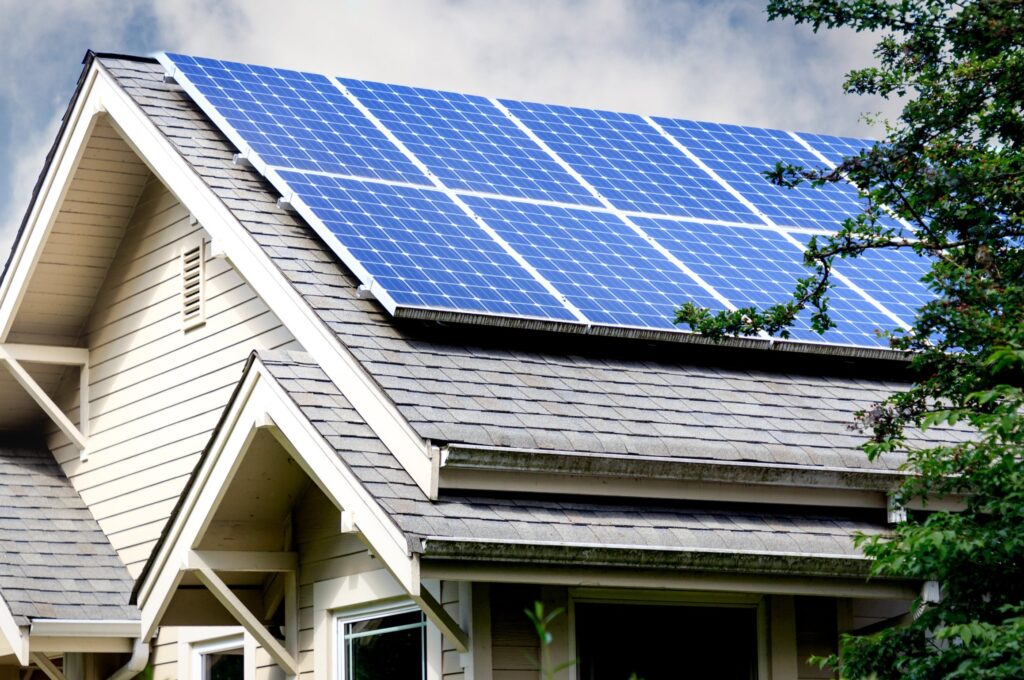Understanding the benefits
- Low running costs: Electricity is significantly more cost effective per kilometre than petrol or diesel, making EVs a smart choice for high mileage business fleets. On average, they cost around 40% less to power than traditional vehicles, savings that can add up fast.
- Low maintenance: EVs are much easier and cheaper to maintain than petrol or diesel vehicles, resulting in less downtime and lower servicing costs for your fleet. With far fewer moving parts in their motors, there’s simply less that can wear out or go wrong. Plus, modern EV batteries come with robust warranties and are designed to last the entire lifespan of the vehicle.
- Low emissions: Cut your carbon footprint and demonstrate your commitment to a cleaner future. In New Zealand, where most electricity comes from renewable sources, EVs produce up to 90% fewer CO₂ emissions than petrol vehicles.
Bring your team on the journey
Transitioning to electric vehicles isn’t just a technical shift – it’s a people focused one. Your team’s support is essential, especially when company vehicles are part of their daily workflow or benefits package. Engaging employees early, listening to their concerns, and clearly communicating the benefits will help create a smoother, more widely accepted transition.
A successful EV rollout relies on collaboration across multiple departments – finance, operations, communications, property or facilities, fleet management, and HR. It’s also critical that senior leadership is aligned and actively champions the move.
Keep communication clear and consistent. Be ready to address questions about range, charging infrastructure, performance, and safety. Starting with a small pilot programme can be an effective way to build momentum.
Analyse Your Fleet Data
Understanding how your vehicles are used is key to unlocking the full potential of EVs for your business and building a strong case for the transition.
By examining daily distances, routes, and fuel consumption, you can pinpoint where EVs would be a natural fit and identify opportunities to boost efficiency.
This data driven approach helps you determine the specific requirements for replacement EVs, such as range and performance, while also highlighting potential savings, emissions reductions, and even opportunities to downsize or optimise your fleet. With reliable data, you’ll be in a stronger position to make the case for change and ensure a smooth transition.
GPS tracking provides the most comprehensive vehicle data, but smaller fleets can use fuel card data or driver surveys. Pay attention to trip start and end times, average trip lengths, and peak usage periods. Assess where vehicles are used (urban or rural) and determine parking times and locations to plan for optimal charging solutions.
Consider Your Financial Strategy
Switching to EVs involves some financial considerations that differ from petrol or diesel vehicles. Here are key factors to keep in mind:
- Total Cost of Ownership (TCO): Although EVs typically have a higher upfront cost, their lower operating expenses, such as fuel savings, reduced maintenance, and insurance – make them more cost effective in the long run. Don’t forget to account for any charger installations at the office or home.
- Owning vs Leasing: If your business can support the investment, owning EVs provides more model options and flexibility on how long to keep them. Leasing may be a better option if you want to avoid tying up capital and prefer predictable, spread out operating costs over a fixed term.
- Green Loans: Many financial institutions offer green loans or specialised financing for EV investments, often at lower interest rates. This can help reduce the TCO over the vehicle’s lifetime.
Ready to Make the Switch?
At Future Energy, we’re committed to helping businesses transition to a more sustainable and cost effective future. Whether you’re looking to electrify your fleet, explore solar energy solutions, or install EV chargers, our team is here to guide you every step of the way.
Let’s work together to power your business forward with cleaner, smarter energy. Contact us today to learn more about how Future Energy can support your transition to electric vehicles and beyond.


